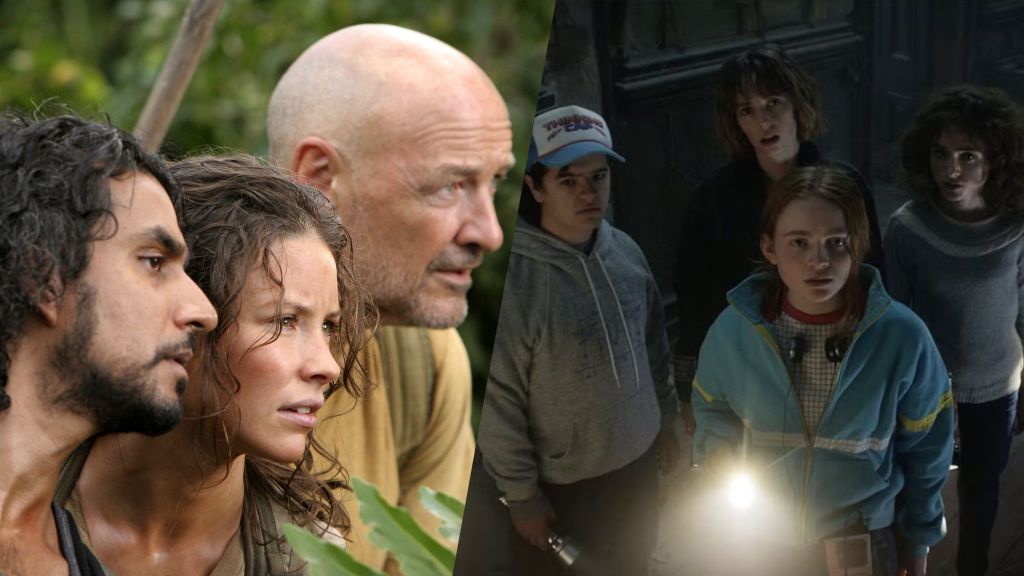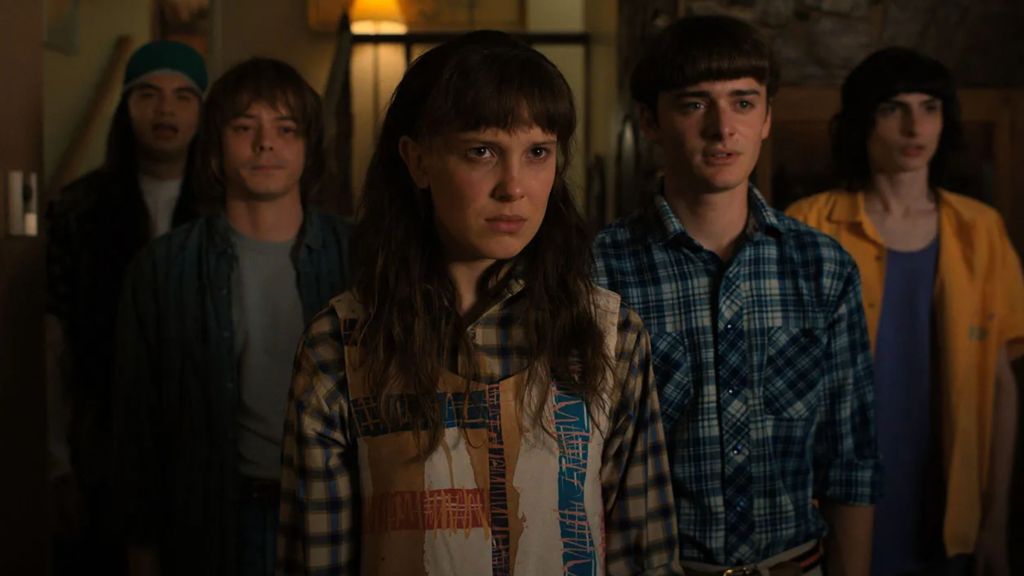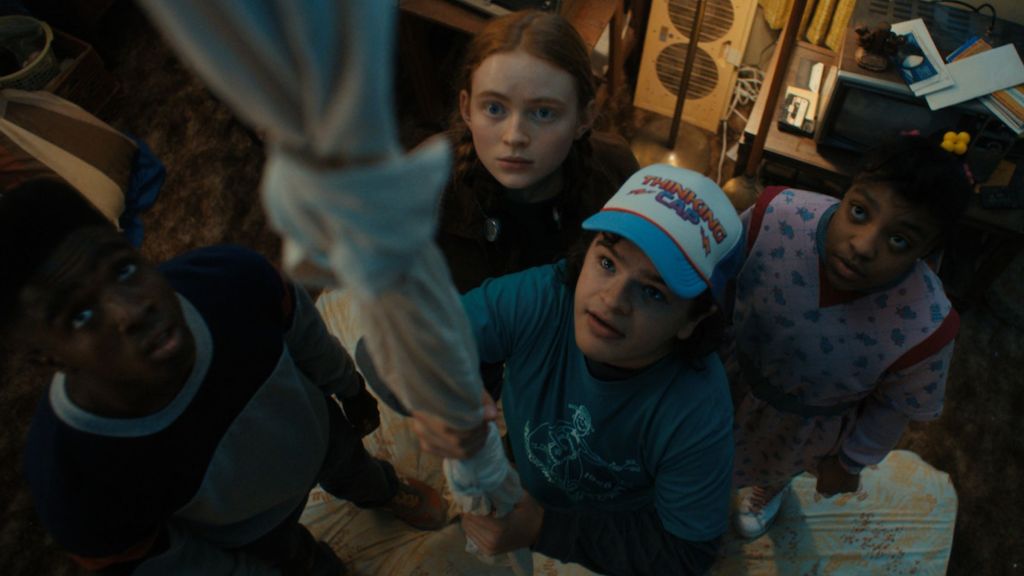One of the most popular and talked-about shows of the last decade is Stranger Things, and now, with the final season approaching, the big question is: can the series really answer everything about the Upside Down and tie up all its loose ends? Maybe it’s best to prepare for this outcome. The show has always been a master at building mystery after mystery — from Will’s (Noah Schnapp) disappearance to whatever the Russians were actually doing in Hawkins, each season opened new layers that kept fans “one step ahead,” crafting solid theories while also desperate for answers. The problem is that shows that constantly live off mystery almost always end up disappointing people in the finale. After all, who doesn’t remember a certain early-2000s show full of secrets that left everyone frustrated by the end?
Videos by ComicBook.com
Comparing Stranger Things to Lost isn’t an exaggeration. The famous island survival series popularized the whole “mystery box” concept — drop clues, build enigmas, and let the audience go crazy trying to connect the dots. It worked brilliantly at first because every mystery felt tangible, something you could actually figure out from subtle hints here and there. But then the story started piling on questions: Who are the Others? What’s the island really? Why do the numbers 4, 8, 15, 16, 23, and 42 matter? By the time the finale arrived, the emotional payoff worked for some, but most viewers were left asking, “Okay, but what about the mysteries?” Lost had the guts to focus on emotional closure and ignore some logical answers, and the wildest part is that people are still debating that decision years later.

Stranger Things is walking the same tightrope now. After four seasons, the Upside Down mythology has grown increasingly complex, with new creatures, supernatural rules, and the sense that any explanation now has to tie all of it together. But the more mystery you build, the harder it becomes to satisfy everyone — it’s inevitable. Fans already have their own detailed theories for every character and every lab or Russian connection, so any official explanation will split the audience: if it’s too simple, it’ll feel lazy; if it’s too convoluted, it’ll feel forced.
And let’s be honest, time is also a factor. In 2026, the show will celebrate ten years on air, so waiting that long for an underwhelming payoff would be one of TV’s biggest letdowns. The pressure is on, even though the Duffer Brothers have already promised that everything will come together perfectly in Season 5.

But beyond that, there’s also the issue of character development. Stranger Things has become so massive, with so many details and such a rich story, that it’s easy to compromise individual arcs. Sure, the length and episode count of the new season suggest there’s enough time to cover everything — but balancing so many moving parts is tricky, and no show is immune to mistakes.
In Lost, the island itself often mattered more than the survivors; their personal stories sometimes felt like side plots to the main mystery. Stranger Things has done a better job keeping its characters front and center, but the risk is still there: if the finale focuses entirely on solving the Upside Down, all the growth we’ve seen from Eleven (Millie Bobby Brown) and the gang might end up feeling secondary. And let’s be real: for many viewers, it’s the emotional bond with these characters that keeps them watching. With so much to wrap up, will there even be enough time to give everyone the attention they deserve?
Then there’s the weight of expectations. The show has been teasing fans for years — every detail, every callback, and every cliffhanger has built up the feeling that nothing can be resolved easily. The Duffer Brothers have to deliver something that’s both coherent and emotionally impactful, and not just functional exposition dressed as closure.

In the end, what Stranger Things is facing is the same tension that ultimately doomed Lost: the struggle to balance mystery and payoff. You can hook your audience with endless questions, but if you can’t deliver a finale that makes sense within the world you built and respects the characters, you’re bound to divide opinions. Some fans will love it, others will complain, and everyone will spend weeks debating what could’ve been. That’s the inevitable price of creating a mystery-driven show that’s this addictive.
And that’s why, when the final season finally drops, no matter how many answers we get, the Lost comparisons are probably going to happen. Not because Stranger Things will necessarily fail, but because any show built on enigmas faces the same dilemma. The Duffer Brothers have promised an emotional, mind-blowing, fully connected ending, but the promise of complete answers is almost always a trap. Can they still surprise us? Absolutely, and that’s what we’re all hoping for. But if not, get ready for the internet to collectively lose its mind in frustration next year.
The first volume of Stranger Things Season 5 is scheduled to be released on Netflix on November 26, 2025.
What are your expectations for the final season of Stranger Things? Do you think the ending will actually surprise us, or is it doomed to fall short after all the hype? Let us know in the comments!









